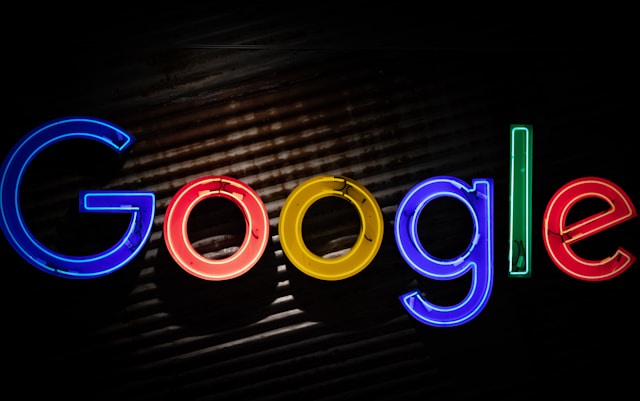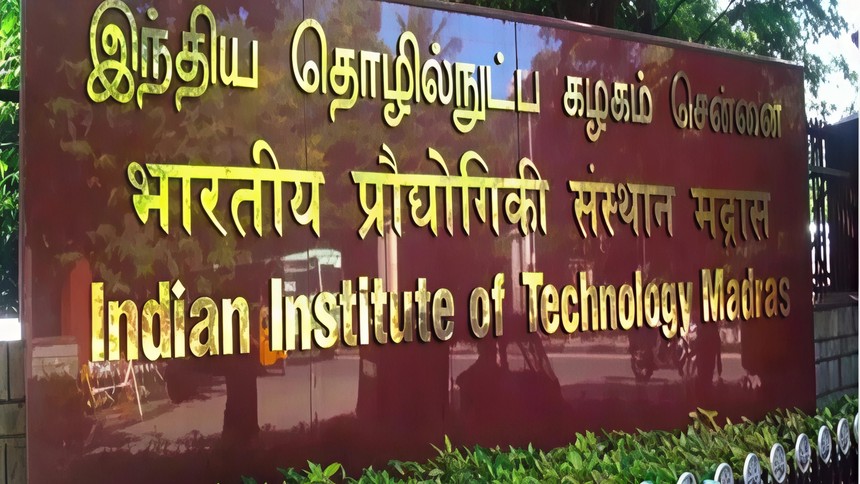A new legal challenge has emerged for Google in the European Union. This time, it centers around its AI generated search summaries, also known as AI Overviews. A group called the Independent Publishers Alliance has officially filed an antitrust complaint with the European Commission, accusing Google of using publisher content in AI summaries without permission and causing measurable damage to news websites and other content providers. According to the complaint, the rollout of AI Overviews has led to significant declines in traffic, readership, and ultimately revenue for a wide range of digital publishers.

The complaint argues that these AI generated summaries pull valuable information directly from web content, presenting it to users at the top of the search results page. Because these summaries often give quick answers to search queries, users are less likely to click through to the original sources. As a result, publishers claim they are seeing reduced engagement despite their content forming the foundation of these responses.
One of the key concerns outlined in the complaint is the lack of opt out mechanisms for publishers. The group contends that unless a site removes itself entirely from Google’s search index, which would effectively erase it from public visibility, there is no way to prevent content from being used in AI generated answers. This leaves publishers with an impossible choice either surrender visibility or allow their content to be used without compensation.

Google, however, has responded by defending its approach. The company stated that the new AI experiences in Search are designed to help users ask more complex questions and discover more content. Google also emphasized that web traffic patterns are influenced by many factors and that conclusions based on limited datasets may not reflect the full picture. According to the company, AI Overviews offer new opportunities for content creators to reach broader audiences, even if early traffic reports suggest otherwise.
The controversy is unfolding as AI integration becomes a central part of search engine evolution. Over the past year, Google has been steadily expanding AI Overviews to more users and topics, despite some early mishaps that drew public criticism for inaccuracies. These growing pains have not stopped Google from pushing forward, signaling that AI summaries will be a major feature of search going forward.

At the heart of the matter is a larger debate about how generative AI should interact with existing digital ecosystems. News publishers argue they spend time and resources creating high quality journalism, only to see their work repackaged and surfaced by AI models without proper attribution or monetization. While Google maintains that its AI summaries serve users and drive engagement, publishers fear that this model could erode the financial foundation of online journalism.
The European Commission has not yet issued a formal response to the complaint, but given its history of close scrutiny of Big Tech companies, it is likely to investigate the matter further. If the complaint gains traction, it could mark the beginning of broader regulatory efforts to ensure AI tools operate fairly and transparently across the web.
As AI continues to reshape how information is consumed and shared, the battle between platforms and publishers is far from over. This new antitrust case could set a precedent not just for Europe but for the global regulation of AI generated content.
Follow Tech Moves on Instagram and Facebook for more updates on how AI is transforming the digital world and what it means for creators, platforms, and users everywhere.














